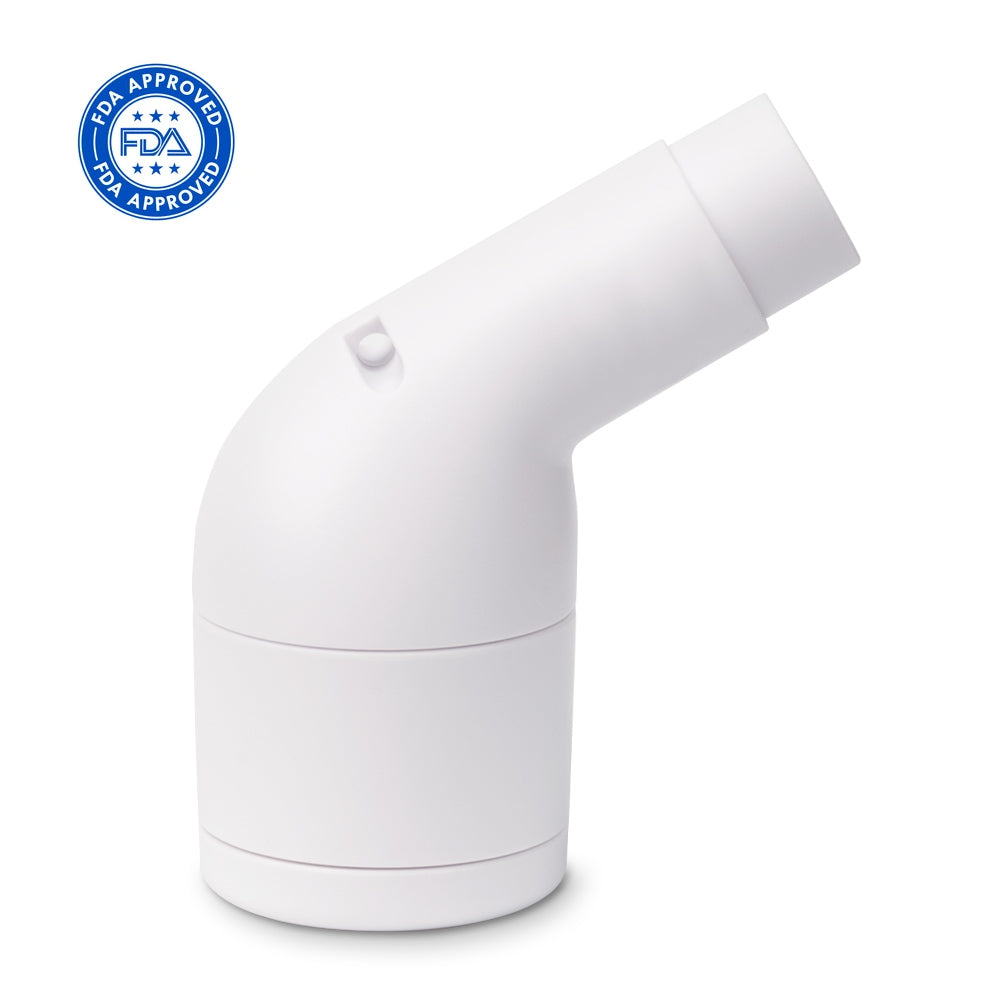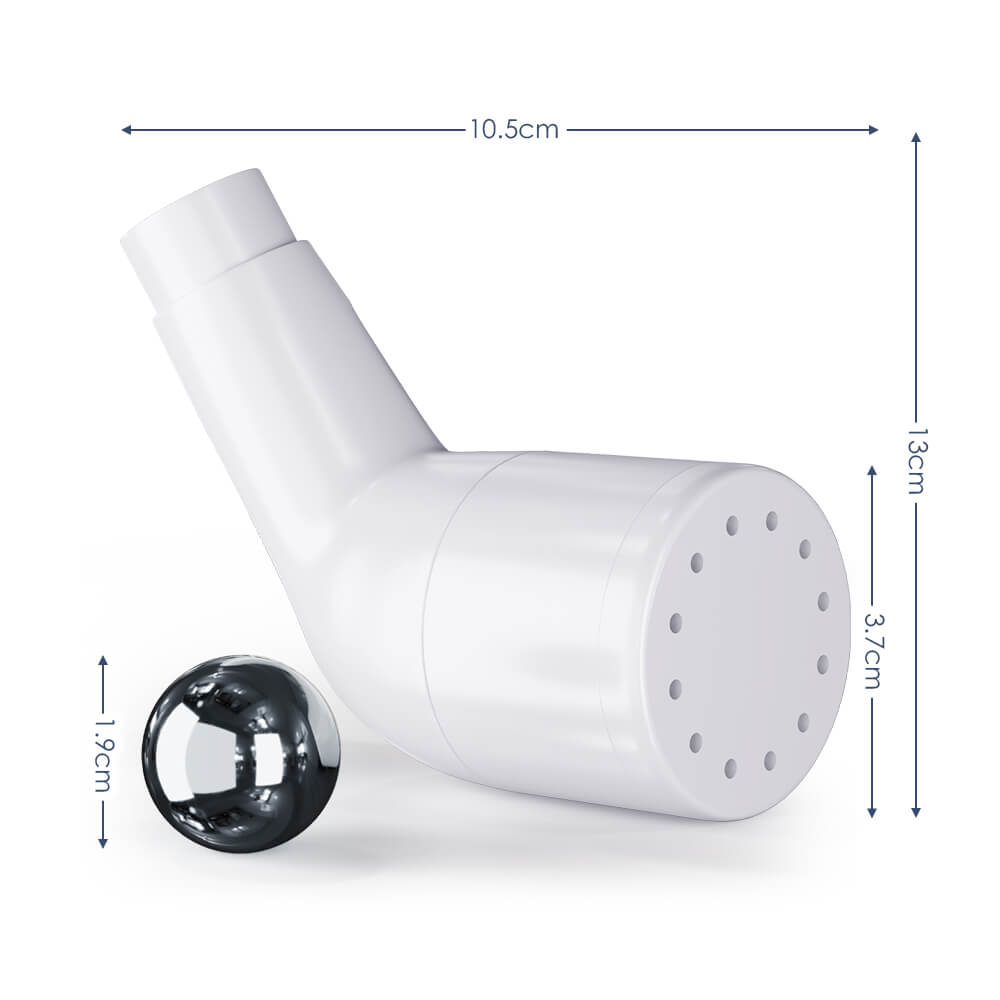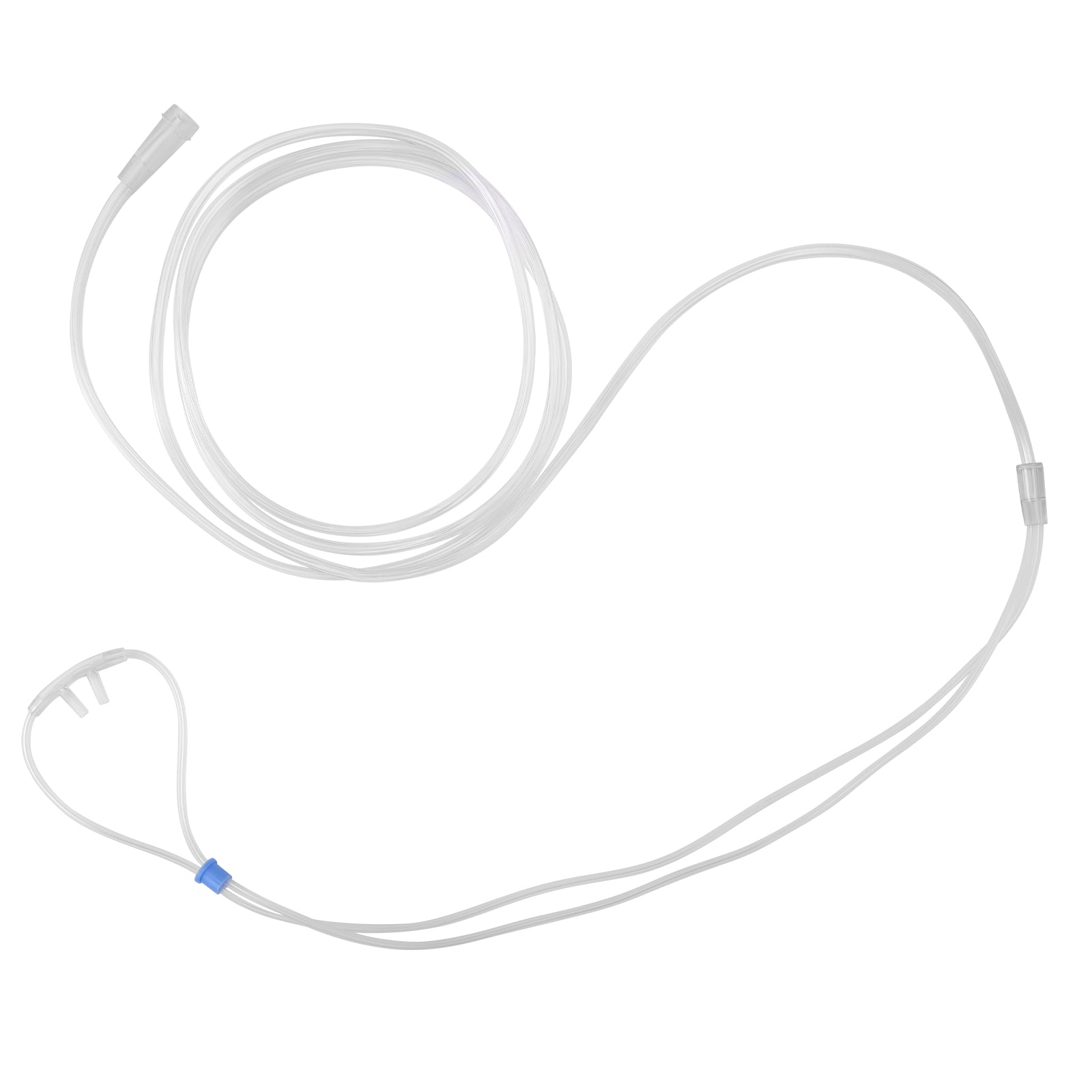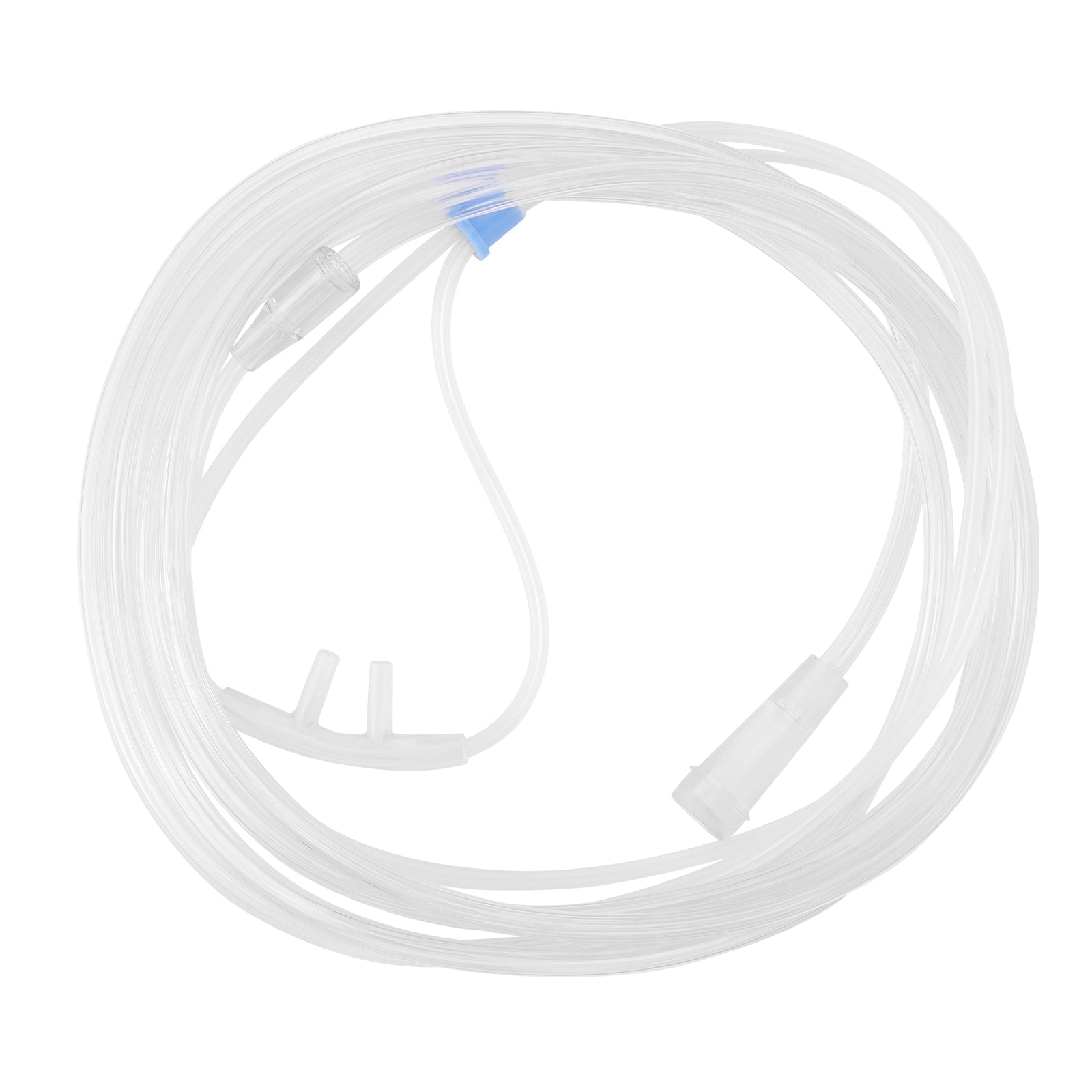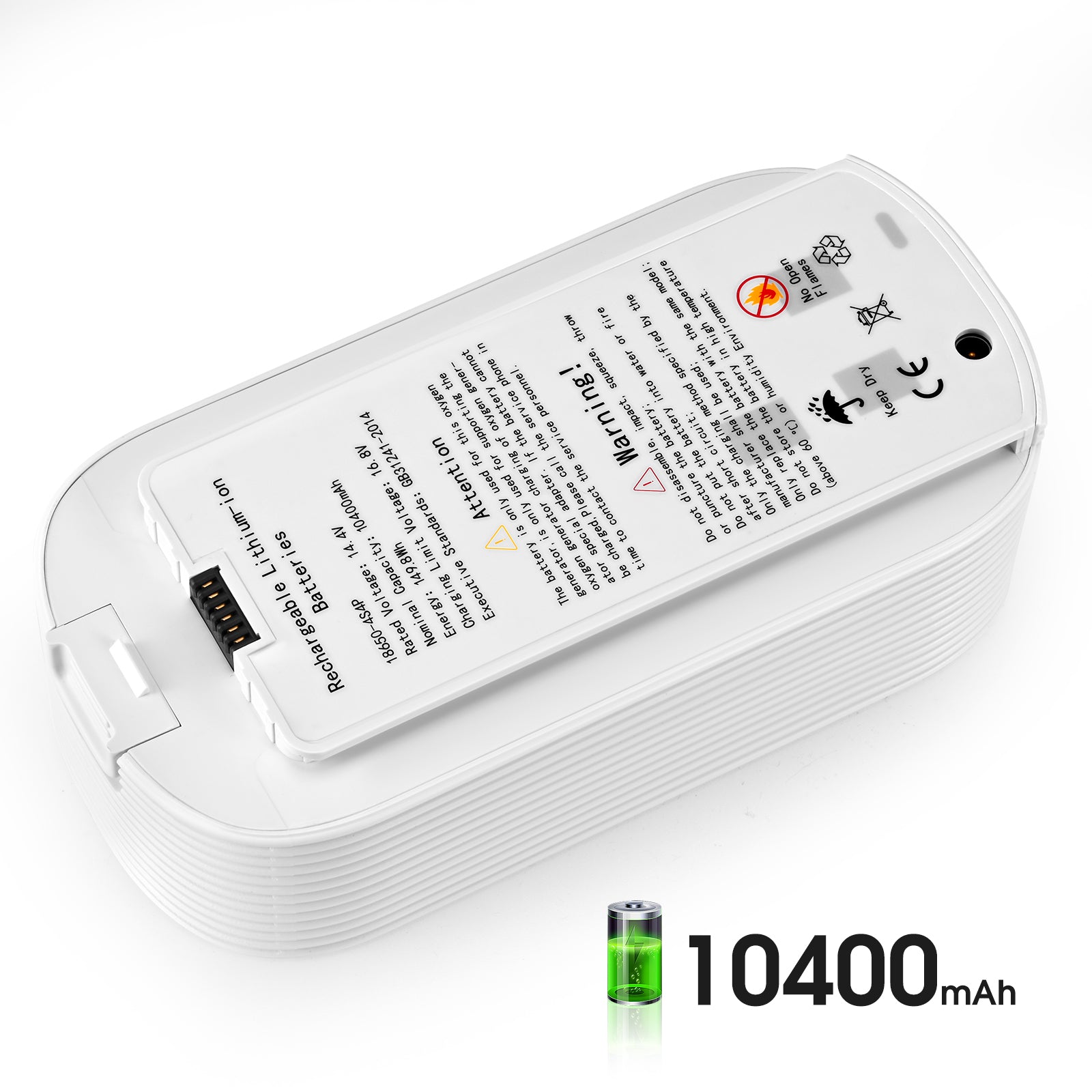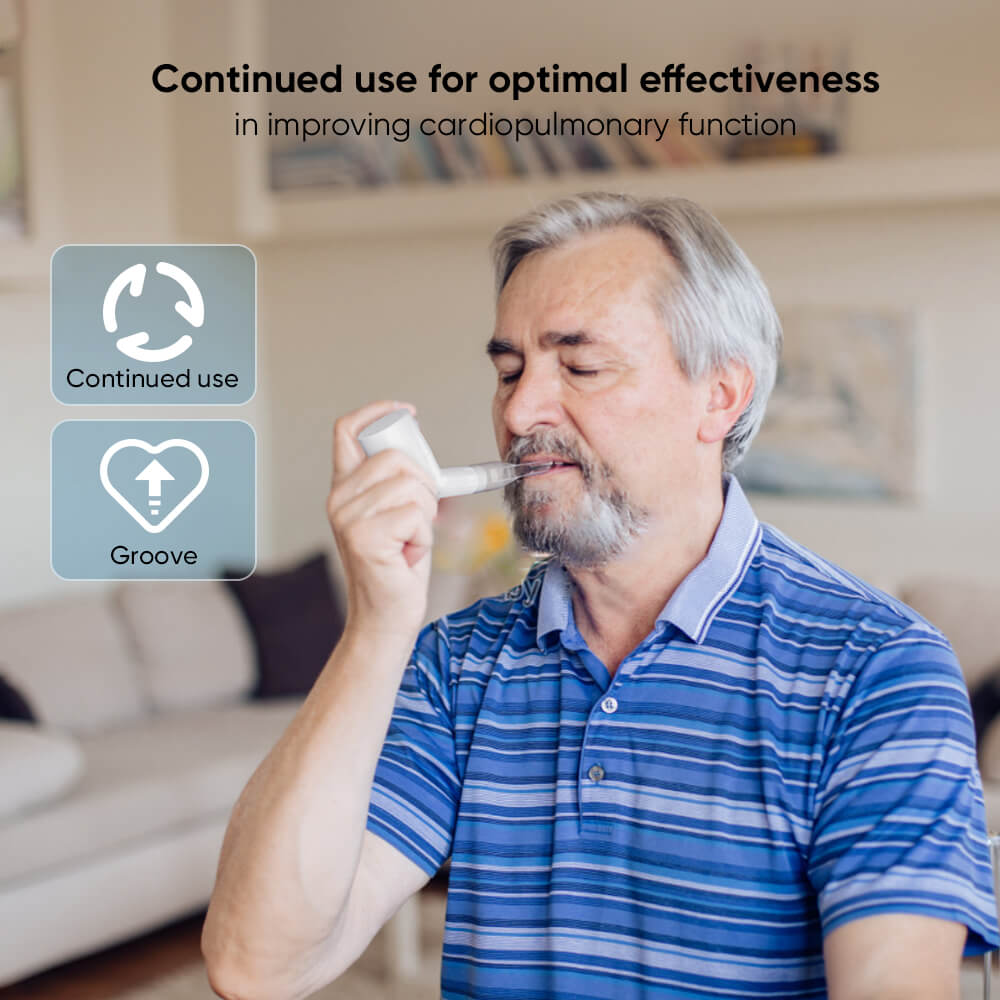Oxygen is a basic human need, without it, we would not survive. The air we breathe contains about 21 percent oxygen. For most healthy people, 21 percent oxygen is sufficient, but if you have chronic obstructive pulmonary disease (COPD) or a condition where your lung function is impaired, the amount of oxygen obtained through normal breathing is not enough. In this case, you'll need supplemental amounts of oxygen to maintain normal body function.
Here are some conditions that may require supplemental oxygen, either temporarily or long-term:
COPD (chronic obstructive pulmonary disease)
Pulmonary fibrosis
Pneumonia
A severe asthma attack
Cystic fibrosis
Sleep apnea
The Benefits of Oxygen Therapy
In addition to helping prevent heart failure in people with severe lung diseases, such as COPD, supplemental oxygen has many benefits. Some studies have shown an increase in survival rates in patients who use oxygen more than 15 hours a day. According to the American Lung Association, supplemental oxygen improves sleep, mood, mental alertness, stamina, and allows individuals to carry out normal, everyday functions.
Welcome to our store
Welcome to our store
Welcome to our store






